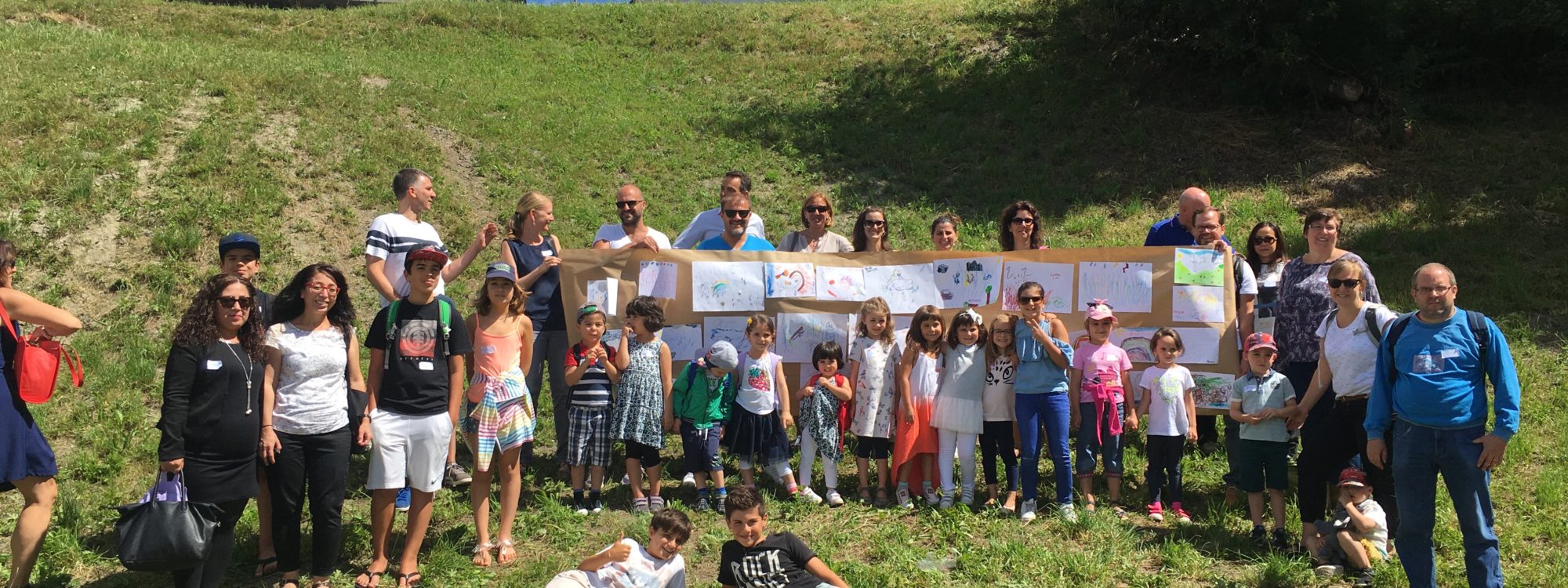
Testimonies
Press Review about
A violin can change the world
The Vareille Foundation has a highly effective method for teaching the violin to children who have far too little access to the instrument.
The high-quality instruction, the group learning environment, the beautifully crafted violins and the engagement required from the students—all of it stimulates their minds and helps them flourish. They’re engaged and listening to their classmates. It’s an exciting project!

Equal opportunity—starting in preschool—is a priority in French education. The scientific data now shows that learning to play an instrument helps reduce social inequalities and lower the dropout rate, by making it easier for children to master core skills and giving them joy and pride in learning.
For all of these reasons, I’m especially happy about A violin can change the world and our partnership with the Vareille Foundation. Three cheers for music in schools!

This project is also a very powerful tool because it shows the students’ families that they can have ambitious goals and that their children can have access to educational opportunities that once seemed elitist. A violin can change the world is perfectly attuned to the policy goals of the French Education Ministry, with three priorities: teaching core skills, building social and behavioral aptitudes, and reducing inequality.

A violin can change the world—what a powerful way to stimulate the developing brain! Research shows the benefits children gain from learning music early in life, such as a good work ethic, the pleasure of success, tenacity in overcoming challenges, and knowledge of themselves and others. The Vareille Foundation isn’t just giving children an instrument. It’s giving them hope.

Regular musical activity makes it easier for children to develop intellectually, to master core skills in school and to do well in social activities. It’s surprising to see that these kinds of studies, dating back to 1992, have not yet influenced education policy. Since then, cognitive neuroscience has only confirmed their findings.

Last fall, as we began the first year of primary school, I was especially surprised at how well my new students in the violin project could read. All of them were already able to combine syllables, which is the cornerstone of learning to read. And most of them were reading really early in the school year. Compared with previous years (without violins), I felt that the violinists were better able to concentrate, and they learned more efficiently as a result.
I’m thinking of a Romanian father—a self-effacing man who doesn’t read or write. He never participated in anything until his son began playing the violin. Now he never misses an opportunity to talk to the teachers.
I love the idea of having a project we all share. Violin teachers, students, classroom instructors—everyone’s pulling in the same direction and helping each other succeed.
